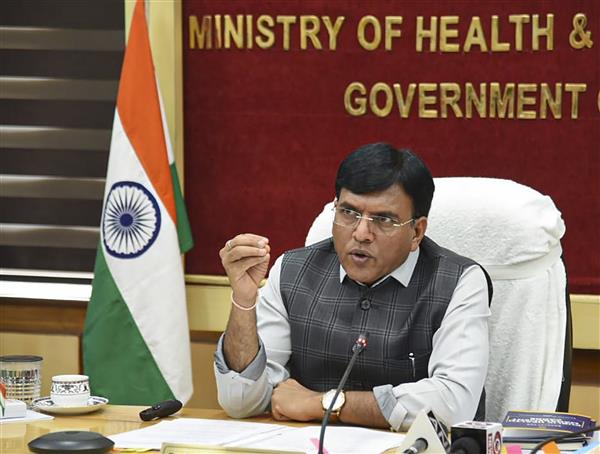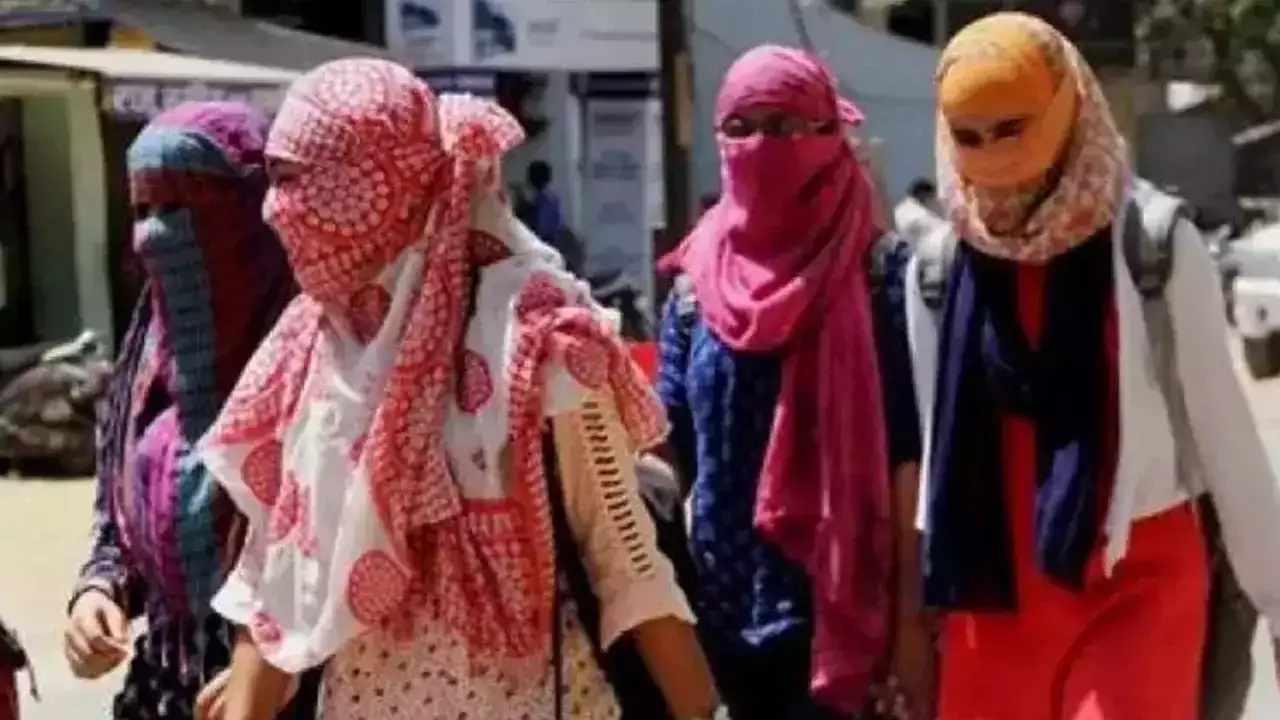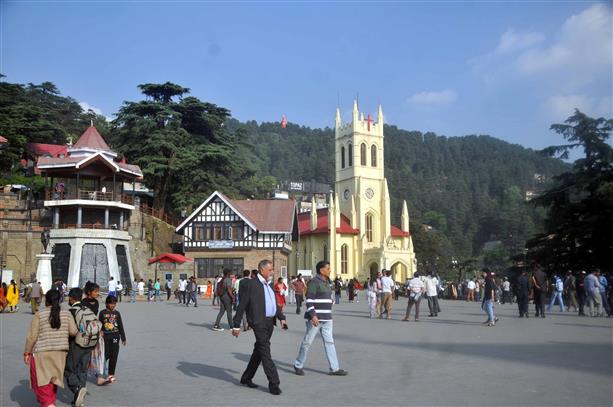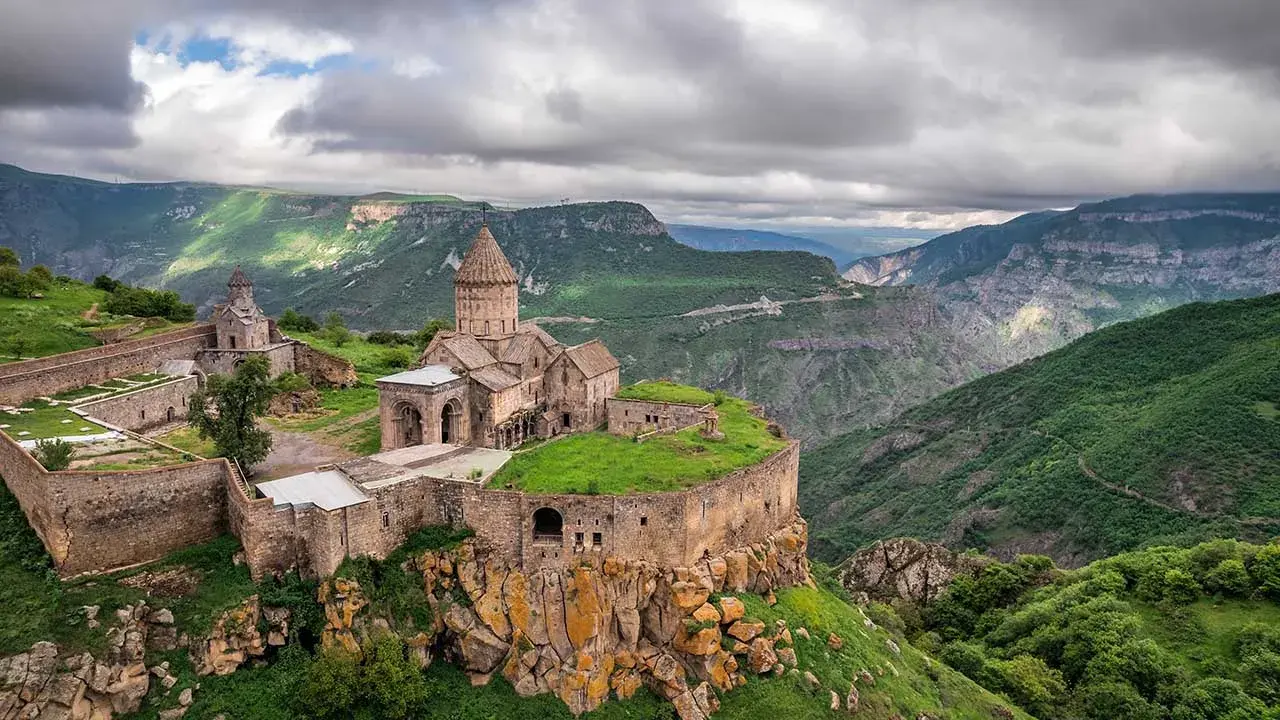Average maximum temperature in February was 29.54 degrees Celsius, the highest since 1901, when IMD started keeping weather records
Mumbai/New Delhi: India may experience heat waves between March and May, especially in the key wheat producing central and northern states, the weather office said on Tuesday, a report in The Tribune, Chandiigarh, says.
The prediction has been made on the basis of the highest ever maximum temperature recorded across the country in February.
A heat-wave for the second consecutive year could severely affect the production of wheat, rapeseed and chickpeas, and complicate governments efforts to bring down food inflation.
Higher temperatures could also lift power consumption above supplies during the summer season.
“Enhanced probability of occurrence of heat wave during March to May season is likely over many regions of Central and adjoining Northwest India,” the India Meteorological Department (IMD) said in a statement.
In March, above normal maximum temperatures are likely over most parts of the country except peninsular India, it said. This is the crucial month for the maturity of winter-sown crops,
“Wheat crop has already been witnessing stress due to higher temperature. Warmer March would definitely lead to yield loss,” said a Mumbai-based dealer with a global trade house.
India grows only one wheat crop in a year, with planting in October and November, and harvesting from March.
A heat wave curtailed India’s wheat production in 2022 and forced the world’s second largest producer to ban exports.
Average maximum temperature in February was 29.54 degrees Celsius, the highest since 1901, when the IMD started keeping weather records.
The country received 68% lower rainfall than the normal in February, the weather office said.
Government officials warned last year that the South Asian country could see more frequent heat waves in future and that average temperatures, even during the monsoon season, have been rising over the last two decades.
“Temperatures have already touched unusual highs at some places in the country,” India’s health ministry said in a letter, seen by Reuters, sent to all states and union territories on Tuesday.
The government directed health departments across the country to implement “heat-related health action plans”.
***************************************************************
Readers
These are extraordinary times. All of us have to rely on high-impact, trustworthy journalism. And this is especially true of the Indian Diaspora. Members of the Indian community overseas cannot be fed with inaccurate news.
Pravasi Samwad is a venture that has no shareholders. It is the result of an impassioned initiative of a handful of Indian journalists spread around the world. We have taken the small step forward with the pledge to provide news with accuracy, free from political and commercial influence. Our aim is to keep you, our readers, informed about developments at ‘home’ and across the world that affect you.
Please help us to keep our journalism independent and free.
In these difficult times, to run a news website requires finances. While every contribution, big or small, will makes a difference, we request our readers to put us in touch with advertisers worldwide. It will be a great help.
For more information: pravasisamwad00@gmail.com











